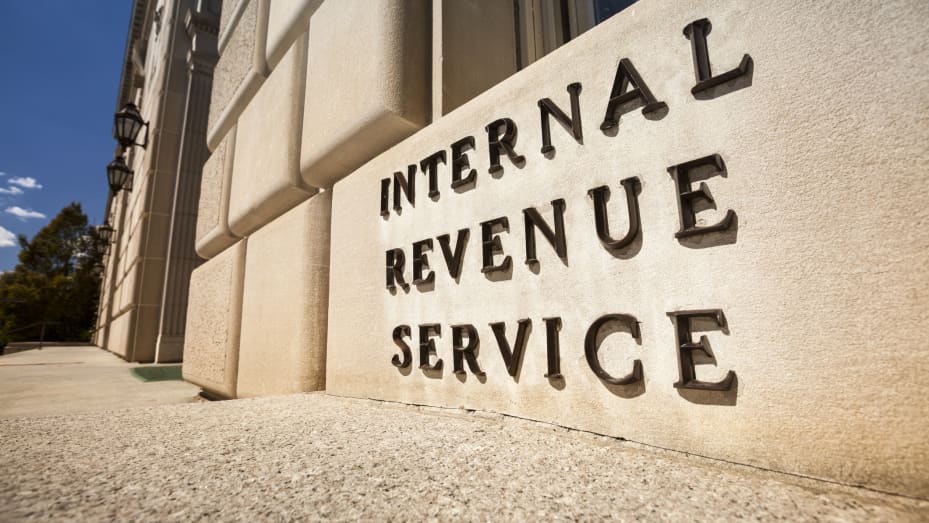The Internal Revenue Service (IRS) has issued a stern warning to taxpayers in Washington state regarding false claims for fuel tax credits. The agency has highlighted the prevalence of promoters who are pushing improper fuel tax credit claims, particularly targeting unsuspecting taxpayers during tax season.

The Fuel Tax Credit, intended for off-highway business and farming use, is being misused by unscrupulous promoters and return preparers who deceive taxpayers about their eligibility for the credit. They often fabricate documents or receipts to support these false claims, leading taxpayers into a web of financial risk.
IRS Commissioner Danny Werfel emphasized the detrimental impact of such schemes, stating, “Promoters are pushing the accelerator on bad Fuel Tax Credit claims and driving honest taxpayers to a bad choice.” These promoters charge inflated fees to taxpayers for making these fraudulent claims, leaving them vulnerable to potential IRS scrutiny and penalties.
The IRS’s Dirty Dozen campaign, which annually identifies 12 tax scams and schemes, has placed a spotlight on fuel tax credit fraud. Taxpayers are urged to exercise caution and seek advice from reputable tax professionals to avoid falling victim to these deceptive practices.
To combat fraudulent claims, the IRS has implemented new identity theft screening filters and processing systems. Taxpayers are reminded that falsely claiming the Fuel Tax Credit carries severe consequences, including civil and criminal penalties.
Individuals are encouraged to report abusive tax practices and incorrect tax returns filed by unscrupulous preparers. By remaining vigilant and reporting suspicious activities, taxpayers can help protect themselves and others from falling prey to tax scams.
As tax season unfolds, it’s crucial for taxpayers in Washington and across the country to be aware of these fraudulent schemes and take steps to safeguard their financial well-being.